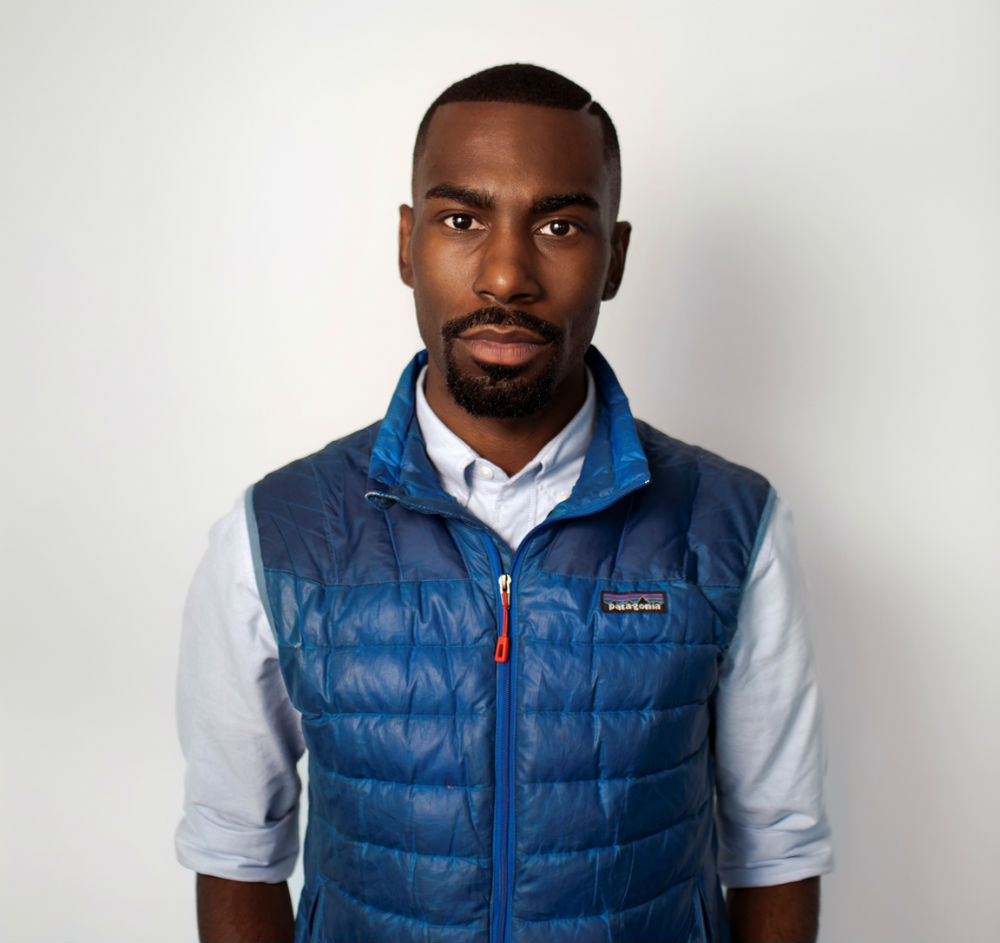
Ibram X Kendi’s interview with Black Lives Matter activist DeRay McKesson could not have come at a more timely moment.
A week on from the shooting at El Paso, Texas and a day after the five year anniversary of the Ferguson protests, Ibram X Kendi’s book ‘How to be an Antiracist’ feels more necessary than ever.
So what is an Antiracist? According to Kendi, it’s very different to ‘not being racist’.
Throughout Kendi’s interview, the need for precise language and definitions to deal with racism becomes of paramount importance.
Kendi explains: “The term ‘not racist’ has always been a term of denial, it says I am not guilty and when a term has no meaning we should stop using it […] the contrast, the heartbeat of antiracism is confession.”
He goes on: “People imagine that a racist is a bad person, an evil person, a fixed idea […] ‘racist’ is not a slur, it’s a descriptive term, it describes what we’re doing.”
For Kendi, racist is not a value judgement and it is not something that can be passively disavowed. We must take active steps to become antiracist.
Kendi manages to exhibit this principal and elicit a laugh from the crowd by holding up Trump’s infamous statement that he does not have “a racist bone” in his body as an example.
As Kendi succinctly puts it, “I have never met someone we would diagnose as being racist who is happy to be called a racist.”
Throughout the interview and in his book Kendi asks us to “release ‘bad person’ and ‘racist’” from their synonymous relationship, no matter how uncomfortable this might be.
Destablising the word ‘racist’ yields some interesting results, at one point Kendi asserts:
“Abolitionists were racists, civil rights activists were racist, just because they are doing good things doesn’t mean you are not thinking that black people are part of the problem.”
For Kendi, racism is too complex to be boiled down to an essential quality. It follows then that the structure of his new book should be an exploration of “how concepts build on each other.”
Each chapter has a one word title, such as ‘Genetics’ or ‘Power’ and Kendi explains his desire to explore the impact of such concepts on other aspects of identity, such as sexuality and gender.
He explains: “It’s impossible to an antiracist without an intersectional approach. Every black person is not just racialised […] racism doesn’t just function in a straight way it is typically intersecting.”
“To be an anti racist we have to truly oppose every form of bigotry in the world.”
Kendi draws on his own narrative in the book and the conversation moves on to bigotry and colourism within the black community.
Here McKesson discusses his struggles to mobilise certain members of his own community to protest, to which Kendi has an interesting response.
McKesson asks, “Can people of colour be guilty of racism?” to which Kendi replies: “I would say yes.”
“I view internalised racism as the real black on black crime […] every individual has the power to resist and there are some black people who do not resist. They are not using their power because of their racist ideas. They view themselves as the problem.”
Thought-provoking statements such as these are found throughout McKesson and Kendi’s nuanced discussion, which covers everything from the legacy of slavery to the influence that grime music can have on the modern day fight for equality.
As the talk comes to a close, Kendi ends with the words: “We too imagine that we’re not racist and we too should be striving to be anti racist”.
It’s a stark and energising call to action, befitting the last hour’s discussion and the kind active resistance both Kendi and McKesson are calling for.

